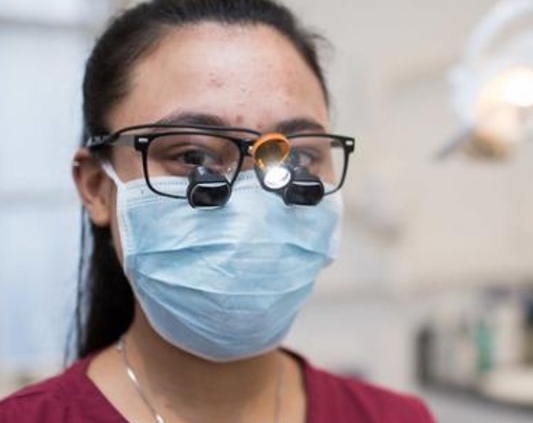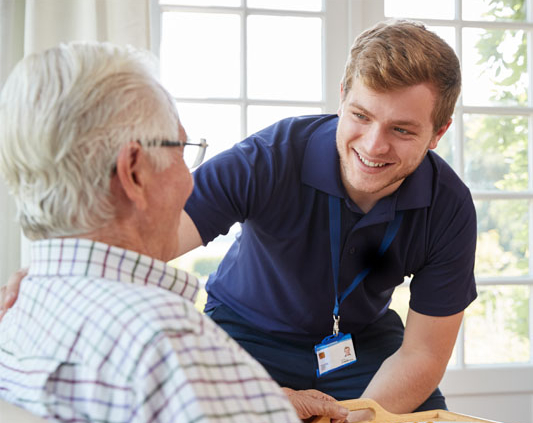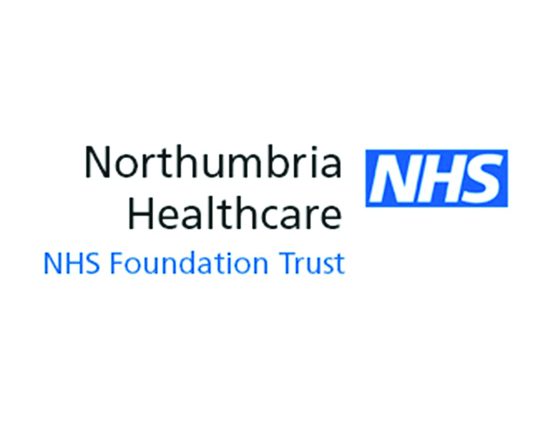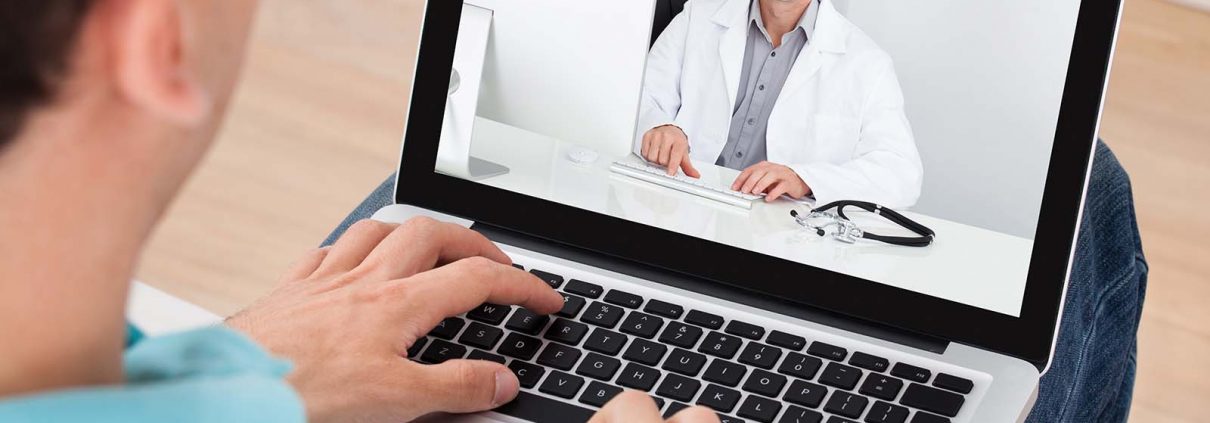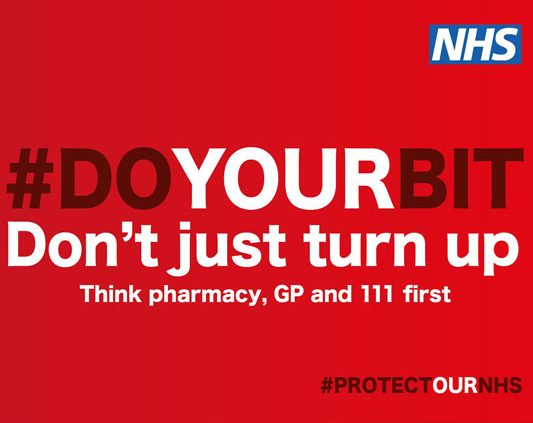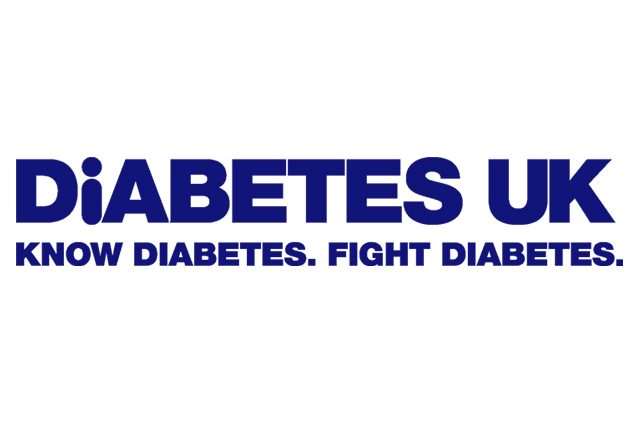Covid-19 and NHS dental care
Healthwatch England is calling for action to address widespread issues with access to NHS dental care following an unprecedented surge in concerns. Healthwatch experienced a 452% increase in feedback on the issue in the second quarter of the year, with continuing accounts of people being left in pain, resorting to ‘DIY’ repair methods and in some cases even extracting their own teeth.
The review of 1,300 people’s experiences of accessing dental care found that:
- More than 7 in 10 people (73%) found it difficult to access help and support when they needed it.
- Access issues were caused by dentists not taking on NHS patients, as well as conflicting advice from different parts of the NHS about what help is available.
- Many people were offered treatment if they went private, despite research indicating that 40% of people would struggle to afford private dental care.
- The impact of not being able to access care led many people to experience pain, discomfort and further complications.
The increase in feedback comes after the British Dental Association reported that treatments delivered by NHS dental services in England are at a quarter of pre-COVID levels, with over 14.5 million fewer procedures taking place.
Laura Floyd, from West Berkshire, was part-way through significant dental treatment when it was cancelled due to the lockdown in March. The new mother explained: “As we went from April to May, I had an abscess develop on the tooth which was still awaiting treatment. I did receive care over the phone and a course of antibiotics which helped ease some of the pain and swelling but this never fully went away, I just lived with it as cautiously as I could. Sadly my eight-month-old wasn’t as cautious when reaching out and grabbing my face!”
Laura, who was entitled to free NHS dental care for 12 months after the birth of her child, did then receive some emergency treatment for a further painful cavity but is still waiting for her main treatment to be completed a year on from her initial diagnosis.
Sir Robert Francis QC, Chair of Healthwatch England, said: “The COVID-19 crisis has impacted on many areas of NHS support but, problems in dental care appear to be particularly acute.
“Even before the pandemic, people were telling us about problems in accessing NHS dental appointments but since the start of the summer these reports have hugely increased.
“If we don’t improve access to NHS dental care, not only do people risk facing far greater dental problems in the future but it also puts pressure on overstretched hospitals and GPs. Untreated dental problems can lead to pain, infection and the risk of long-term harm, which is comparable with other medical conditions.
“Health and care services are working hard to deal with the pandemic, but we believe the Government and the NHS should give more attention to resolving both long-standing and COVID-related issues in dentistry.”
While the report accepts that the overall treatment backlog caused by the pandemic will take time to clear due to limited industry capacity and COVID-related restrictions, it makes several recommendations including:
- providing more accurate and up-to-date information for patients
- providing clarity over NHS dentists’ obligations relating to patient registration
- making more resources available to improve patient access to
dental care and; - reviewing the overall cost to patients of NHS dental care, particularly with a 5% price increase set to take effect before Christmas.
Healthwatch is also calling for people on low incomes who are forced to travel long distances to access dental care to be reimbursed.
Read more on the Healthwatch England website
If you would like to tell us about your experience of accessing dental care during the pandemic you can tell us your story here.

